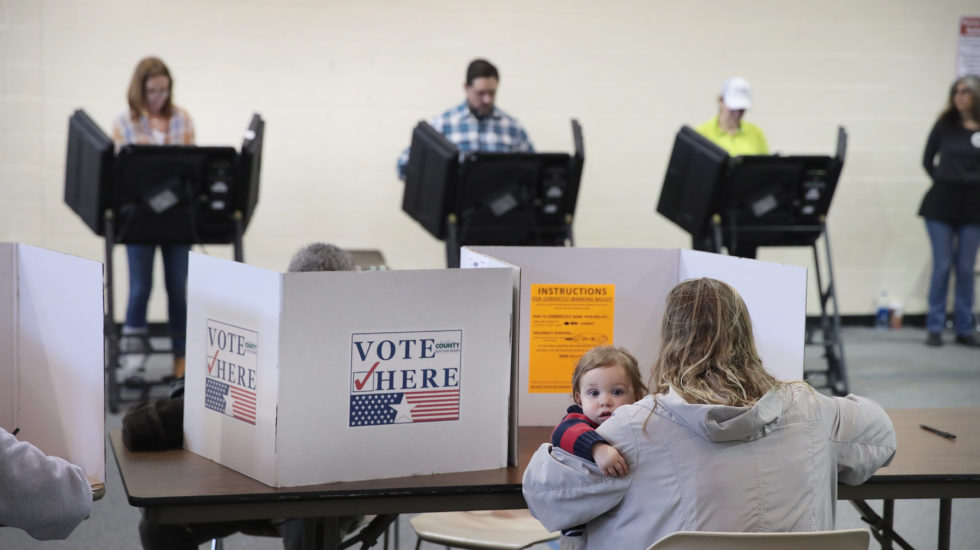In the past five years, state and local election officials have removed at least 33 million American voters from registration rolls, according to a new report.
And there are signs that some parts of the country — “particularly in areas with long histories of discrimination against minority voters” — are dumping many more than others, reports The Hill.
The report from the Brennan Center for Justice found that voter purges have ballooned since 2013, when the Supreme Court struck down Section 5 of the Voting Rights Act, which required states and counties with discriminatory histories to submit proposed voting-rules changes to the Justice Department or a federal court.
Part of this is longstanding routine: states regularly clean up voter lists and cancel registrations because residents have moved or died, or haven’t cast a ballot in a long time.
But counties with histories of discrimination now purge an average of about 10 percent of voters on their roles, while others cancel about 7 percent.
“We as a country are purging more” voters, Myrna Perez, director of the Brennan Center’s Voting Rights and Elections Program, told The Hill. “It’s almost entirely driven by jurisdictions in states that were formerly covered by Section 5.”
In a survey, the federal Election Assistance Commission found “major disparities between the states,” The Hill says, noting that Indiana purged more than 22 percent of the voters on its rolls between 2016 and 2018 alone — while in New Mexico it was just 1.4 percent.
“For years, the Voting Rights Act provided a layer of protection for voters,” Perez said. “We are seeing, time and time again, that voters are exposed [to being dropped from the roles], and I think this is one more way in which they are exposed.”



